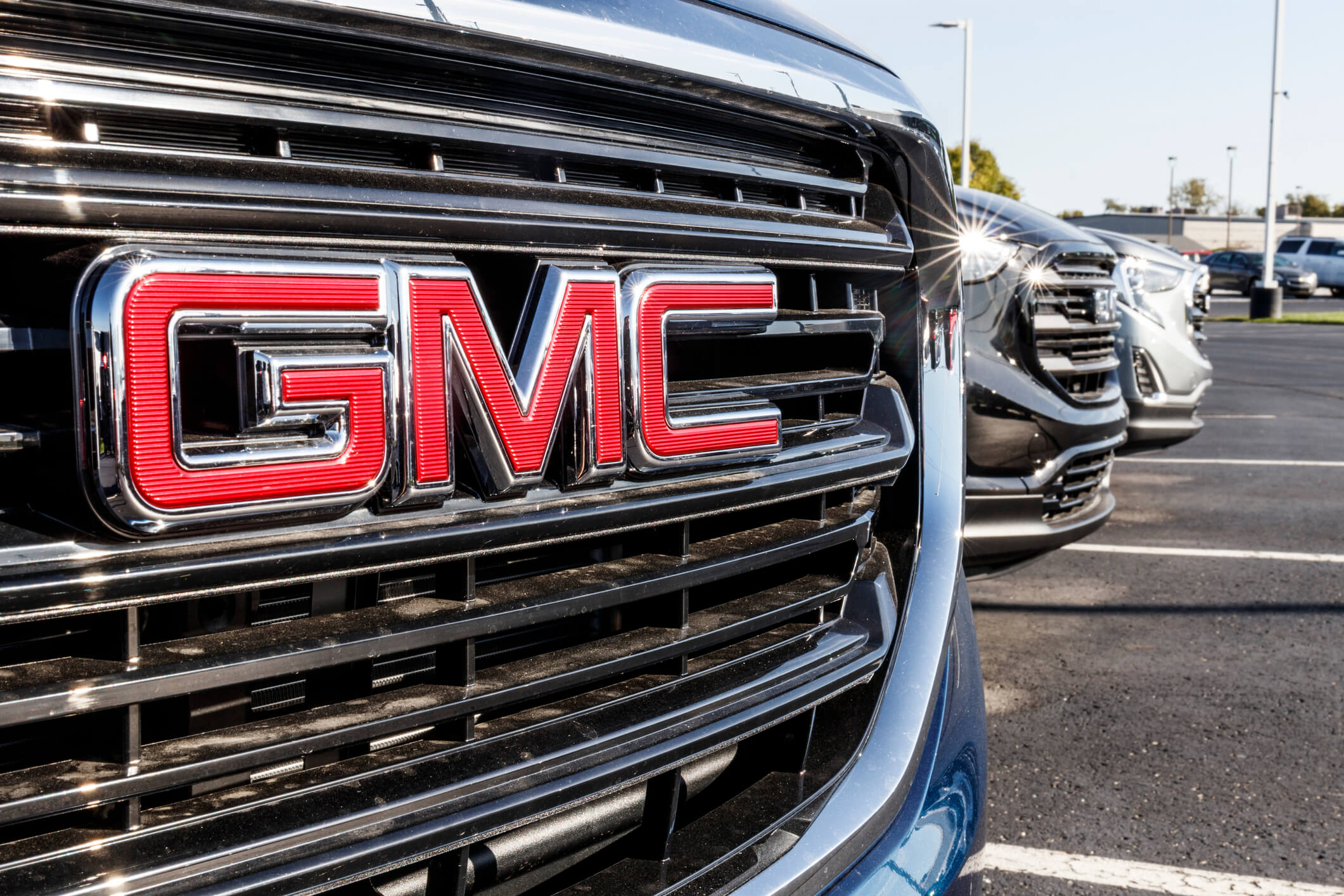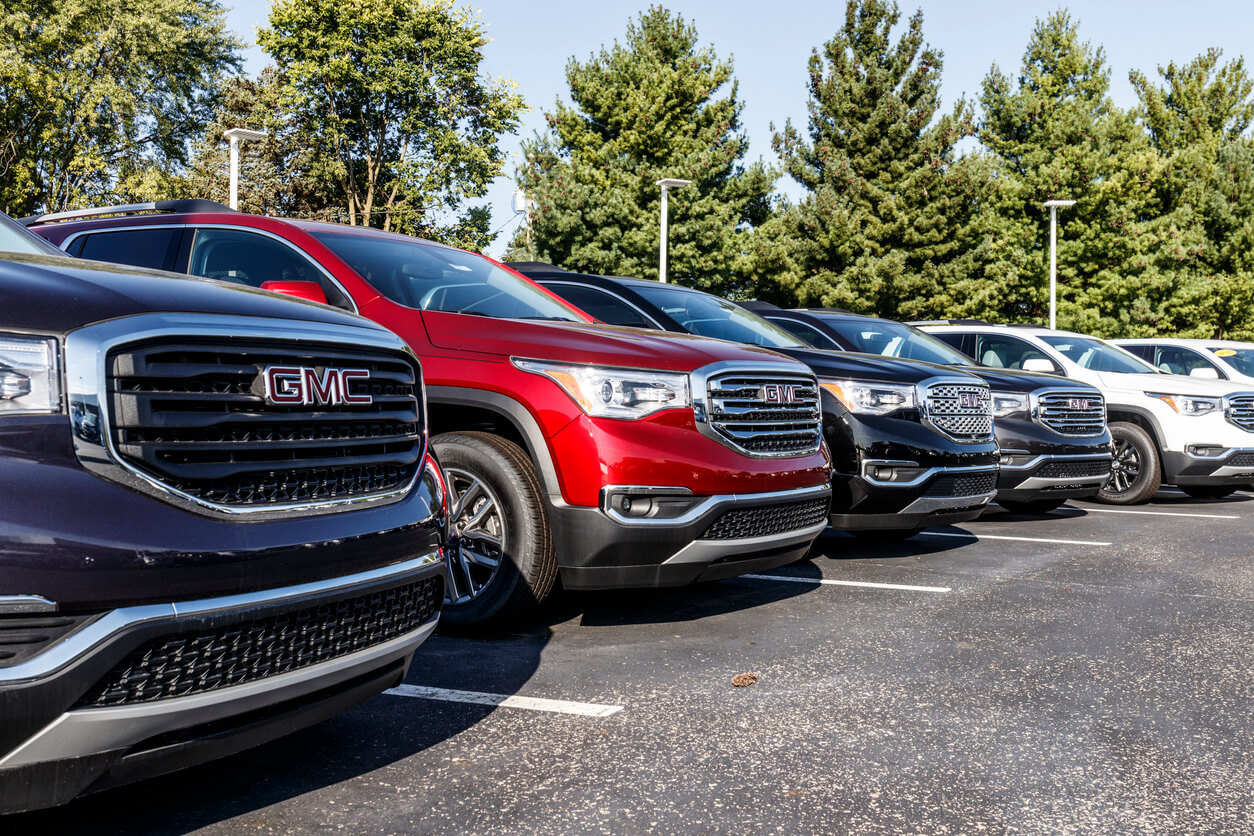By Matthew Jordan
California has close to 400,000 miles of road, built for smooth cruising. Indeed, Californians love their cars and love taking them on long, pleasurable, and smooth drives along our famous highways and byways. However, unfortunately, some of General Motors’ (GM) recent releases have not been living up to consumers’ expectations for smooth driving. Instead, many California car owners’ vehicles are plagued by the infamous “Chevy Shake.”
The “Chevy Shake”
The “Chevy shake” is a disturbing vehicle defect, which results in extreme vibrations in the vehicle’s steering system, suspension, and vehicle as a whole at high speeds (65-80 mph). Drivers describe the condition as a terrifying and uncontrollable vibration throughout the vehicle. As one 2014 GMC Sierra owner described, “I have the vibration also between 65-75mph. The passenger seat shakes like hell, the steering wheel has bad wobble.” Similarly, the owner of a GMC Crew Cab 4×4 described the condition as, “a vibration at all speeds in the steering wheel, once reaching 70mph a seat vibration started to become really noticeable and extremely noticeable as speed increase past 70. In conjunction an audible noise inside the cab developed at 75 that sounding like a metal on metal vibration at a high frequency and the cab was much louder. Became really noticeable at 80 and beyond.”
Disturbingly, GM dealerships are unable to fix the customers’ issues. Customers return multiple times for multiple repairs but are unable to obtain a resolution of their vehicles’ issues. For instance, one owner described, “My 2016 Z71 Crew Cab has shook from day one. Now has 9K on it. Third trip to dealer and I took service manager for a ride. He seen and felt it and stated my entire passenger side door was shaking also. Speed of 70 mph up.” Unfortunately, many customers are told there is nothing wrong with their trucks, that they have to purchase new tires, or that GM simply doesn’t have a fix.
A recent class-action lawsuit alleges that GM’s aluminum driveshafts are unable to withstand the pressure of highway speeds, and can deteriorate over time and eventually fail completely. These weak driveshafts create severe vibrations within the vehicle that cause drivers to lose control of their vehicles. Driveshafts are meant to carry torque from one or more components of a car to another component. For example, the back wheels of a car would not be able to rotate without a driveshaft carrying the torque that the car’s engine creates to the back of that car. The driveshaft, as one of the pivotal mechanical devices that makes a car run, is meant to be able to not just endure constant stress, but continue to perform at its highest capacity under this stress. The failure of a car’s driveshaft represents a fundamental failure for the car.
GM has allegedly been made aware of this dangerous issue with their driveshafts and continues to sell and lease the affected vehicles while suppressing information about the vibrations. To make matters worse, GM has allegedly been replacing broken aluminum driveshafts on their vehicles with the same defective driveshafts. One consumer even attempted to get repairs on three different occasions before a GM dealership told him that the vibration was “within the normal limits of road vibration.” The consumers that have replaced the aluminum driveshaft with a steel driveshaft experienced no more vibrations.
What Consumers Think
Some GMC drivers have spoken on the issue of vibration at high speeds. One said, “I was talked into buying their ridiculous extended warranty and yet they do nothing to fix the problem. This truck is a lemon,” while another said, “Nothing has been fixed. They can’t find what’s causing the issue. So now they have decided that there is nothing wrong with it. The GMC Sierra is supposed to vibrate.”
How We Can Help
If you currently drive one of the following cars, we encourage you to contact California Consumer Attorneys for a free consultation with an expert lemon law attorney:
- 2015-2020 Cadillac Escalade
- 2014-2019 Chevrolet Silverado
- 2015-2020 Chevrolet Suburban
- 2015-2020 Chevrolet Tahoe
- 2014-2019 GMC Sierra
- 2015-2020 GMC Yukon/Yukon XL
When you purchase a car in good faith, you deserve to receive a product that works both safely and efficiently. Our expect lemon law lawyers will make sure that you are well taken care of and fully compensated by GM. Call us today for a free consultation: (833) LEMON-FIRM.


